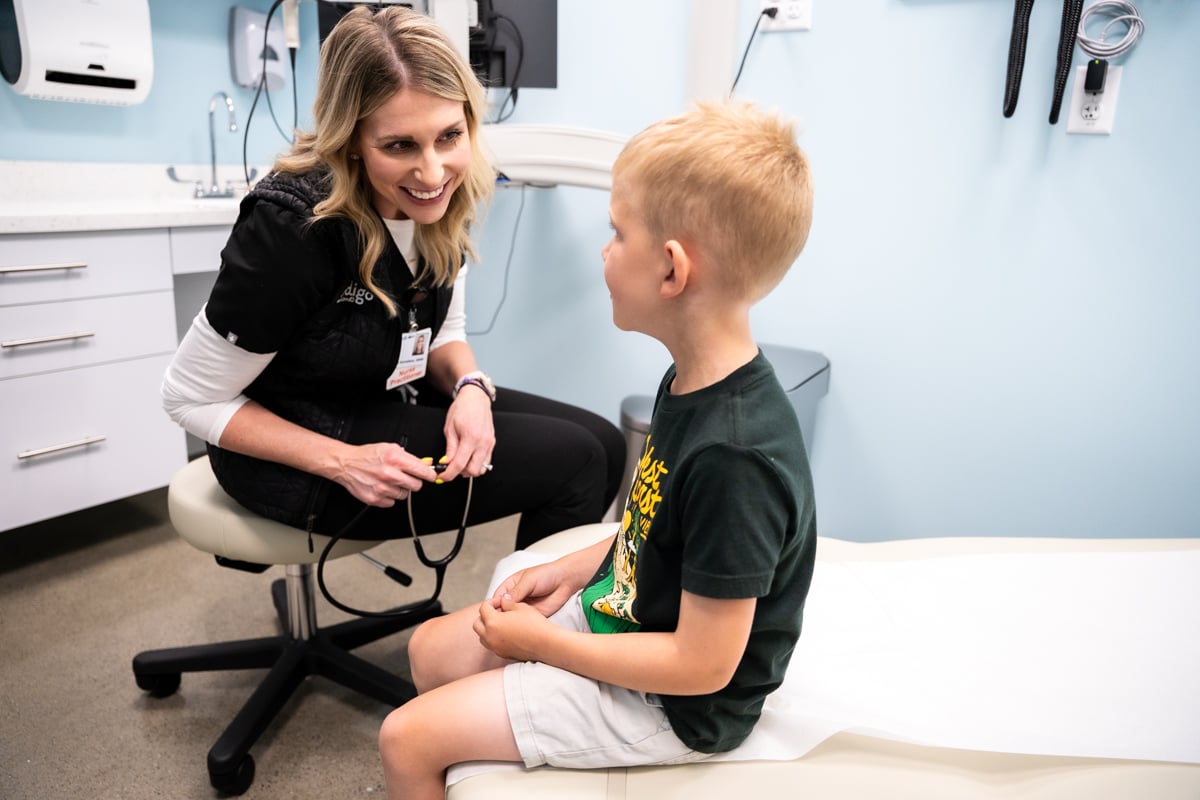Ah, camping. There’s really nothing like communing with nature, singing around the campfire, cooking over open flames, and sleeping under the stars. But even the best camping trip can yield scrapes and bruises, sprains and strains, or unexpected GI issues and allergies.
First-aid kits are essential in every situation, and camping is no exception—whether you’re heading to the back country or pitching a tent at a local lake.
When your medical and safety items are in one place and easy to access, you can save precious moments when treating a cut or severe allergic reaction.
And while you may have an awesomely stocked medicine cabinet at home, what you’ll need for an emergency in the great outdoors requires a bit more preparation.
Begin with the basics
Every well-appointed emergency kit starts with a solid foundation. You can build your supplies from scratch or purchase a standard first-aid kit. Regardless, it should include the following basics:
- Adhesive bandages of various sizes
- Antiseptic cream or spray
- Antibiotic ointment
- Medical tape
- Gauze
- Hydrocortisone cream
- Over-the-counter pain medication
- Sterile wipes
- Scissors
- Non-latex gloves
- Tweezers
- Emergency blanket
Add camping essentials
When campsite injuries happen, you probably won’t have access to a sink with running water. And in some cases, it may be dangerous to move someone who is hurt to another location for medical care. Include camping-specific items in your first-aid kit to make it easier to provide emergency care on the spot.
Even though some of these items might be things you’d normally pack for a camping trip, it’s always a good idea to have extras in your first-aid kit, just in case.
- Aloe vera gel
- Insect repellant
- Hand sanitizer
- Sunscreen
- Eye drops
- Anti-diarrhea medication
- Antihistamines for allergic reactions
- Thermometer
- Hot and cold packs
- Hydrogen peroxide
- Cotton balls or cotton-tip swabs
- Moleskin to prevent blisters
- Prescription medications
- Epi-pen
- Multi-use tool or knife
- Safety pins
- Hand mirror and whistle (to signal your location when lost)
Keep it stocked
Gathering first-aid essentials in one place is step one. It’s also important to regularly take stock of what you have in your kit to make sure you’re always fully stocked. It's easy to forget to replace essential items, especially when dealing with an unexpected injury or emergency.
Here are a few tips for ensuring you have what you need, when you need it.
- Keep a list of everything that should be in your fully-stocked first-aid kit and cross-check it against your supplies.
- Consider your first-aid kit part of your camping equipment and check inventory before each outing.
- Create annual, biannual or seasonal reminders in your phone or on your calendar to check expiration dates and ensure sterile items are sealed. Replace expired or damaged items.
- To avoid waste, transfer items with a limited shelf life to your home medicine cabinet to ensure they’re used before their expiration date.
Indigo makes it easy to get care, even when you’re off the grid
A well-stocked first-aid kit will help ensure small scratches don’t become bigger problems. But even the best-prepared campers may still need medical attention.
For some minor illnesses and injuries, you may not even need to leave the comfort of your campsite. Indigo Online Care offers 24/7 care for adults and kids.
If you need to be seen in person, we have Indigo Urgent Care locations across the Puget Sound and Spokane region. Our friendly medical providers are available 8 am to 8 pm every day to treat a wide range of minor illness and injuries, from rashes and allergies to sprains and strains.


